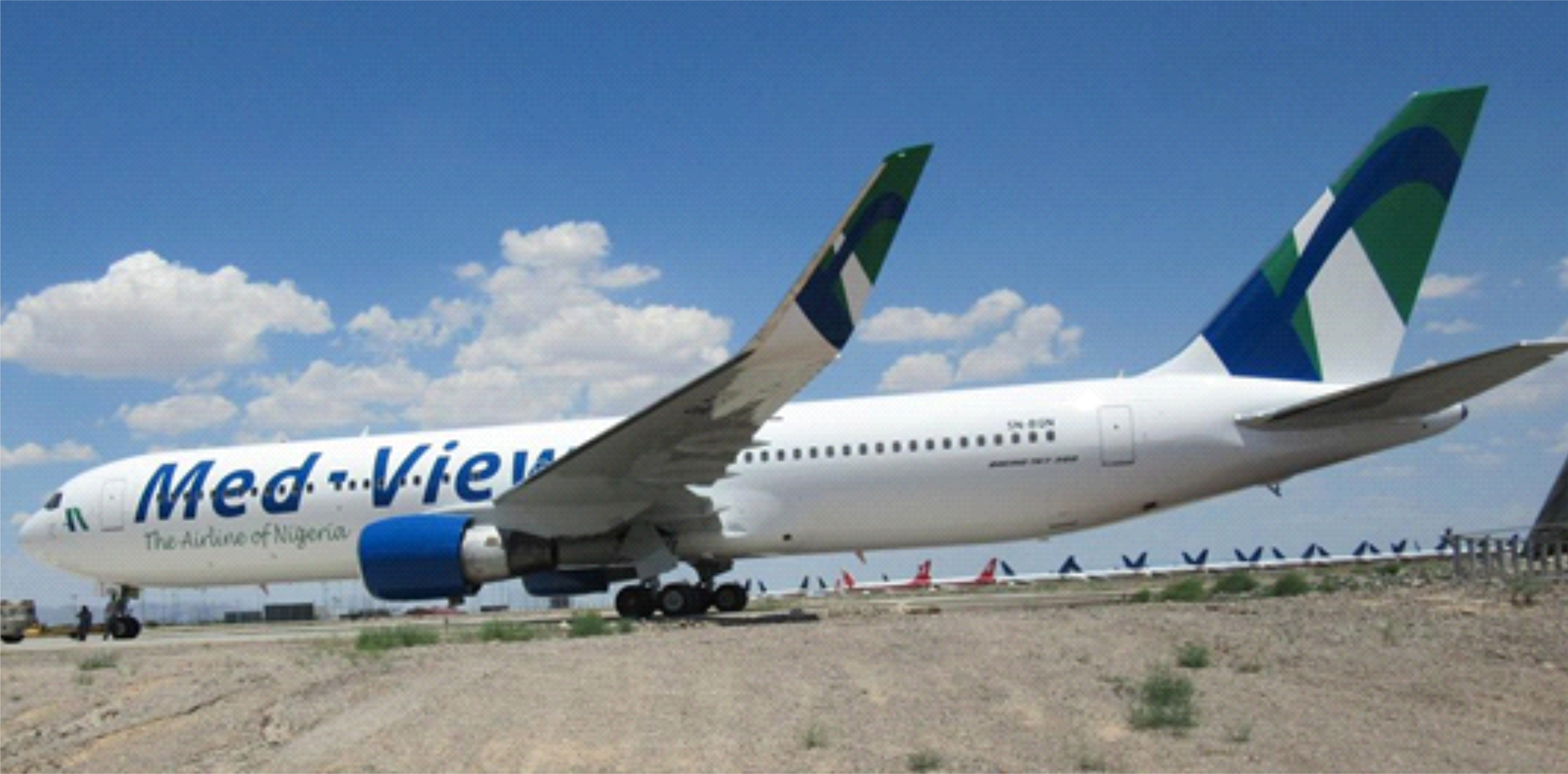While North Africa saw more than a 20 per cent increase in international arrivals in the first half of 2017, Nigeria, Africa’s largest economy, saw a 0.8% dip in international arrivals with the country’s economic troubles cited as a factor.
According to a report by ForwardKeys, a travel industry research firm, Nigeria’s travel downturn will only get worse as the report projects that in the second half of the year, Lagos, Nigeria’s commercial capital, will experience “substantial declines” in its domestic and international capacity.
From August to December 2017, the report predicts, Lagos will see 9% fewer seats on international routes. On domestic routes, the drop is sharper with 16% fewer airline seats expected.
Nigeria’s decline in capacity is linked to a dollar shortage crisis which has seen major international airlines like United shut down operations, citing difficulties repatriating dollar profits.
But there are also local problems, Arik Air, Nigeria’s largest airline, is expected to cut seats by 53% for the rest of 2017, the report says. The debt-ridden airline was taken over by the government earlier this year to “save the aviation industry from collapse.”
As of February, Arik Air accounted for 55% of Nigeria’s passenger traffic.
Overall, Asia Pacific has accounted for the highest increase in international arrivals despite making up only 8% of the market. Intra-Africa travel has also been on the up, increasing by almost 13%.
ALSO SEE: Nigeria’s anti-corruption war: SERAP petitions ICC over missing N11trn electricity fund
North Africa is re-emerging as a major travel and tourism force in Africa, after a dip in the last few years.
Since the Arab Spring protests in late 2010, concerns over security slowed travel to key North African countries. However, an analysis of seat capacity for travel to the top ten international airports in Africa shows significant growth in flight arrivals to the continent with North Africa accounting for much of the growth.
Tunisia, Egypt and Morocco all saw more than a 20% increase in international arrivals in the first half of 2017. Morocco and Tunisia particularly have China to thank for a huge boost (450% and 250% increase in arrivals respectively) to their arrival figures after both countries relaxed visa restrictions for Chinese nationals

 Health6 days ago
Health6 days ago
 Entertainment1 week ago
Entertainment1 week ago
 Crime6 days ago
Crime6 days ago
 Education1 week ago
Education1 week ago
 Health1 week ago
Health1 week ago
 Comments and Issues7 days ago
Comments and Issues7 days ago
 Latest7 days ago
Latest7 days ago
 Football1 week ago
Football1 week ago


